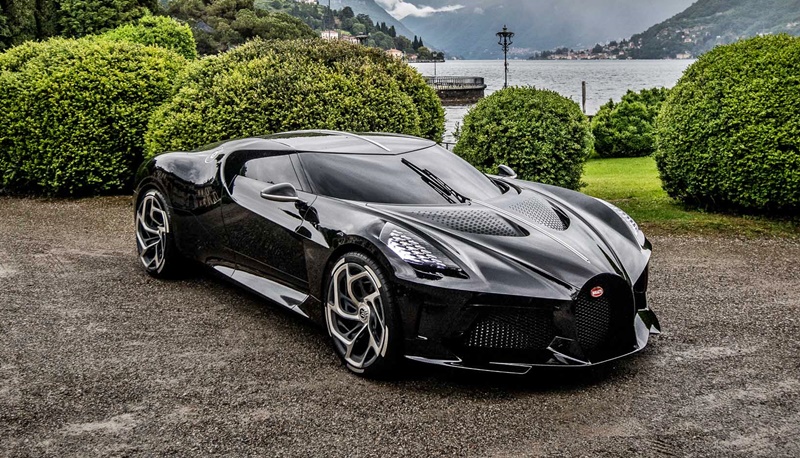

**Volkswagen Group Aims to Cut Costs by Divesting Italdesign Company**
In a tactical initiative aimed at enhancing operational efficiency and cutting expenses, the Volkswagen Group is allegedly planning to offload Italdesign Giugiaro, the acclaimed Italian automotive design and engineering firm. This decision mirrors Volkswagen’s wider ambitions to streamline its extensive portfolio and concentrate on key business sectors amid rising demands for investment in electric mobility, digital innovation, and sustainability.
### Background: Italdesign’s Importance in the VW Group
Established in 1968 by the iconic designer Giorgetto Giugiaro and Aldo Mantovani, Italdesign has long stood as a cornerstone of automotive design and creativity. The firm was integrated into the Volkswagen Group in 2010 when Audi acquired a 90.1% share of the company. Since then, Italdesign has played a pivotal role in the creation of numerous models for the VW Group’s brands, including Audi, Volkswagen, Lamborghini, and SEAT.
The firm is recognized for its avant-garde design ideas and engineering solutions, frequently working behind the scenes to bring new vehicle platforms and technologies to fruition. Italdesign has also intermittently created limited-edition vehicles under its own brand, such as the Zerouno supercar.
### Strategic Shift: Cost Reduction and Portfolio Refinement
Volkswagen’s choice to sell Italdesign is part of a broader strategy to minimize operational complications and redirect resources toward prioritized areas. The automotive sector is experiencing a significant shift, with manufacturers investing vast sums in electric vehicle (EV) technology, autonomous driving systems, and digital services. To stay competitive, established automakers like Volkswagen are reevaluating their assets and spinning off non-essential businesses.
Through the sale of Italdesign, Volkswagen intends to lower costs and possibly generate funds that can be redirected to its electrification objectives. The company has already pledged more than €180 billion in investments through 2027, with a substantial portion aimed at EV development and digitalization.
### Potential Acquirers and Market Consequences
Although no formal buyer has been identified, industry experts suggest that Italdesign could garner interest from private equity firms, fellow automotive suppliers, or even new EV startups looking to enhance their design and engineering proficiencies. The firm’s heritage, technical knowledge, and established clientele make it a compelling acquisition candidate.
Nevertheless, the sale raises concerns about the future of Italdesign’s partnerships with Volkswagen brands. It remains uncertain whether the company will continue collaborating with VW under new ownership or shift focus to address a wider array of clients.
### Industry Context: A Movement Among Automakers
Volkswagen isn’t the only company pursuing operational streamlining. Other significant automakers, such as Ford, General Motors, and Stellantis, have also been divesting non-essential holdings and reorganizing their operations to emphasize electrification and software advancement.
This trend signifies an increasing acknowledgment that conventional business models must transform to align with the demands of a swiftly evolving automotive environment. As competition grows fiercer and profit margins narrow, efficiency and strategic focus have become essential for long-term viability.
### Conclusion
The anticipated sale of Italdesign signifies an important moment in Volkswagen Group’s ongoing evolution. While this decision may represent a shift away from the company’s historical focus on in-house design and engineering prowess, it highlights the pressing need for automakers to adapt to new market conditions. For Italdesign, this transition in ownership could lead to new prospects for growth and innovation outside the Volkswagen framework.
As the automotive industry progresses, such strategic maneuvers are likely to become increasingly prevalent, altering the competitive landscape and redefining the roles of traditional players and design leaders alike.






